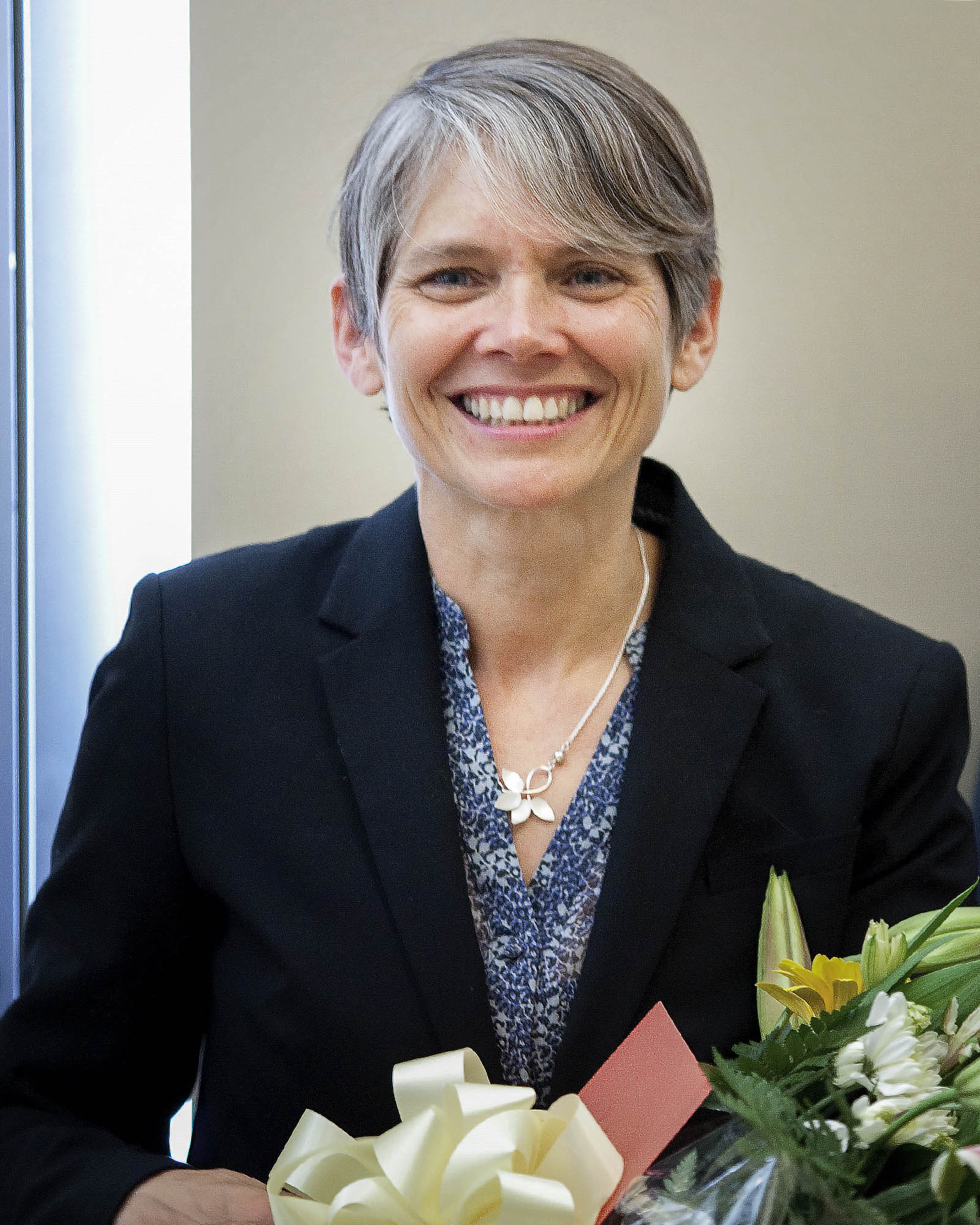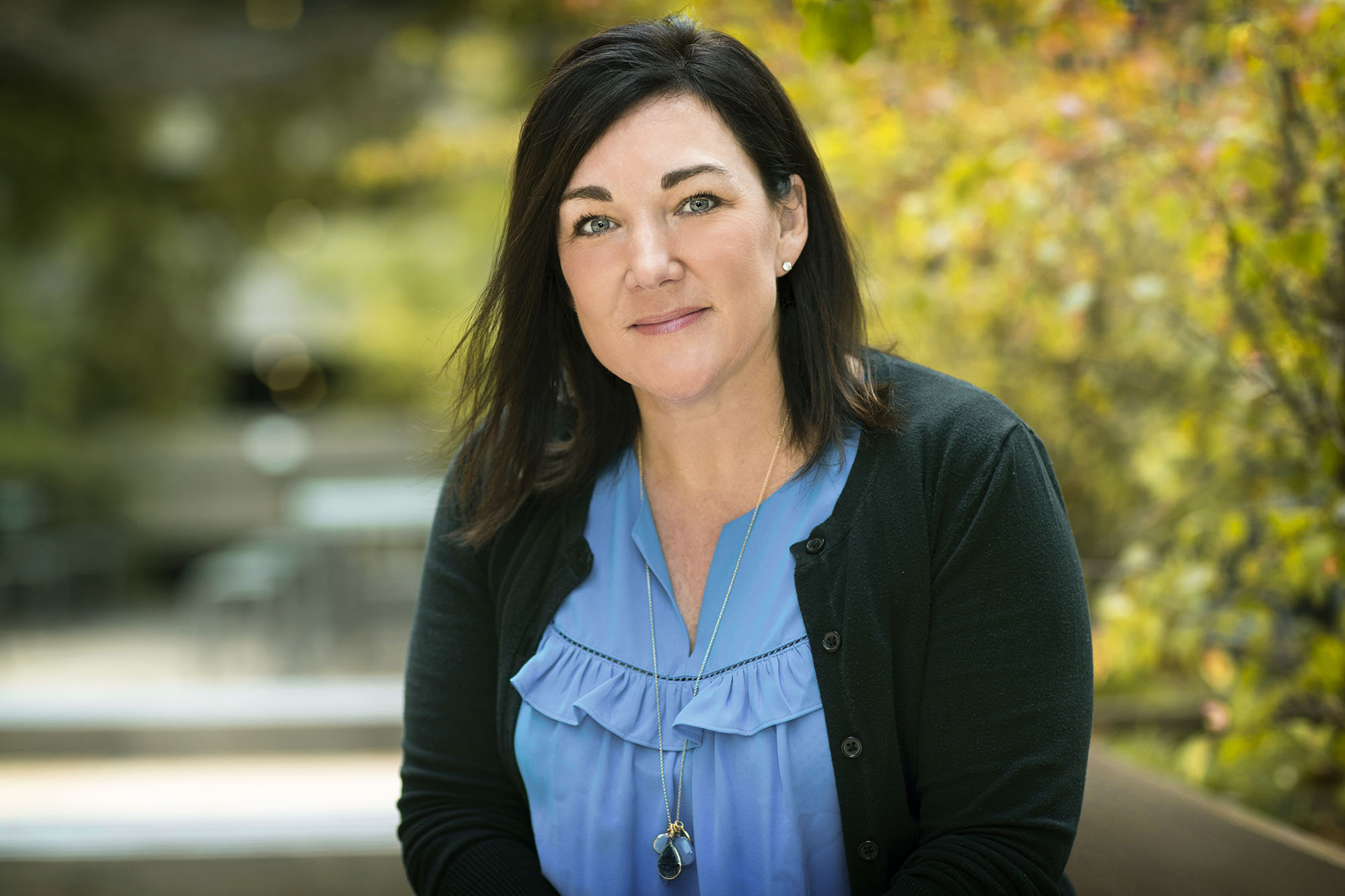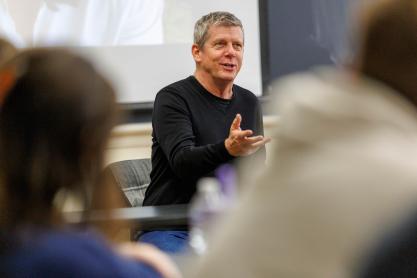Navigating the world with a physical or intellectual disability is hard enough. But for the 1 million American women living with disabilities who are of childbearing age, navigating the labyrinth of reproductive care, family planning and health care can leave them feeling frustrated, humiliated and unheard.
As a result, women in this group face a troubling lack of access to quality reproductive and family planning care that can have dire consequences for their well-being, and the well-being of their babies. It’s precisely the narrative that Jeanne Alhusen – an associate professor in the University of Virginia’s School of Nursing who earned a $1.9 million National Institutes of Health grant to study these women’s experiences – hopes to change.

Kathryn Laughon, an associate professor of nursing and violence expert, is co-investigator of the grant. (Contributed photo)
“People often ignore the fact that many, many women living with disabilities both want to and are having children,” said Alhusen, who spent the last three years documenting the experiences of women with disabilities, and earned funding from the Eunice Kennedy Shriver National Institute of Child Health in late March. “But because getting reproductive care is either so onerous it’s avoided, or so perfunctory that it’s ineffective, these women and their children are suffering the consequences while pregnant, after birth and well beyond.”
About 12% of American women of childbearing age live with some kind of disability, from physical disabilities, like a spinal cord injury or cerebral palsy, to intellectual disabilities, like Down syndrome, to sensory disabilities, like blindness and deafness. Alhusen’s previous NIH-funded research, which provides the foundation for her new grant, found that women with disabilities lack access to reproductive care and family planning for a variety of reasons, including provider bias and discomfort, a lack of privacy, financial limitations, and inaccessible equipment, like exam tables and examination tools.










